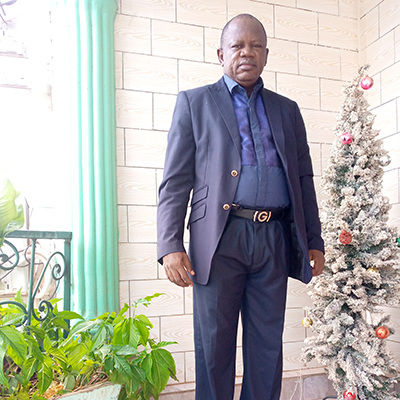Healthcare access for vulnerable populations
— A targeted solution to sustainably develop healthcare —

Primary health care, essential to sustainable growth in any healthcare landscape, is developing unevenly in the South.
________
More than thirty years after the Declaration of Alma-Ata, which sought to protect and promote the health of all people by the year 2000, the declaration has clearly failed. Despite a good deal of progress, much of the world’s population has seen its state of health stagnate or even deteriorate. Access to medicines and treatment of infectious diseases, such as tuberculosis and malaria, remains problematic in many parts of the world. More than six million children under the age of five die each year from treatable or preventable diseases, and about 300,000 women succumb to complications in pregnancy, childbirth or postpartum (2012 WHO/World Bank/UNICEF report). The inequalities are stark indeed: Africa alone supports a quarter of the global burden of disease, and represents a tiny portion of the budget dedicated to health worldwide, according to a Médecins du Monde analysis based on the 2006 WHO report on health.
The Foundation strives to provide support to ensure that access to healthcare –a fundamental right for every human being – is recognised in the most vulnerable communities in emerging countries and people plunged in humanitarian crises due to conflicts or natural disasters. It has been working for two decades in Lebanon and has been providing support to women who are victims of sexual violencein the Democratic Republic of Congo and in Central African Republic.
| Fight against sexual violence | ||
 |
 |
|
| Care for women who are victims of sexual violence — Democratic Republic of Congo — |
NENGO: care for victims of sexual and gender-based violence — Central African Republic — |
|
| Access to primary health care in Lebanon | ||
 |
 |
|
| Developing quality essential care for poor populations in Lebanon: The SOHA 2 Project — Lebanon — |
Improved health for women and children — Lebanon — |
|
| Maternal and child health | ||
 |
||
| Supporting the Persis Paediatric Medical and Surgical Centre — Burkina Faso — |
||
Follow our action
Mobile Clinics in the Central African Republic: Caring for Survivors of Violence
This unique initiative in the Central African Republic enables thousands of women to access crucial healthcare services and rebuild their lives.
Maternal health : the Fondation Pierre Fabre and Aminata Maternal Foundation are joining forces
The Fondation Pierre Fabre and Aminata Maternal Foundation are joining forces to improve maternal health in Sierra Leone, with a special focus on caring for teenage mothers.
Call for Proposals: Support for Associations in Occitania for Health in the South
The Fondation Pierre Fabre is launching its 2025 call for proposals to support associations in the Occitanie/Pyrénées-Méditerranée region working to improve access to healthcare in developing countries. Project sponsors have until 31 March 2025 to apply via the Portail Solidaire.












